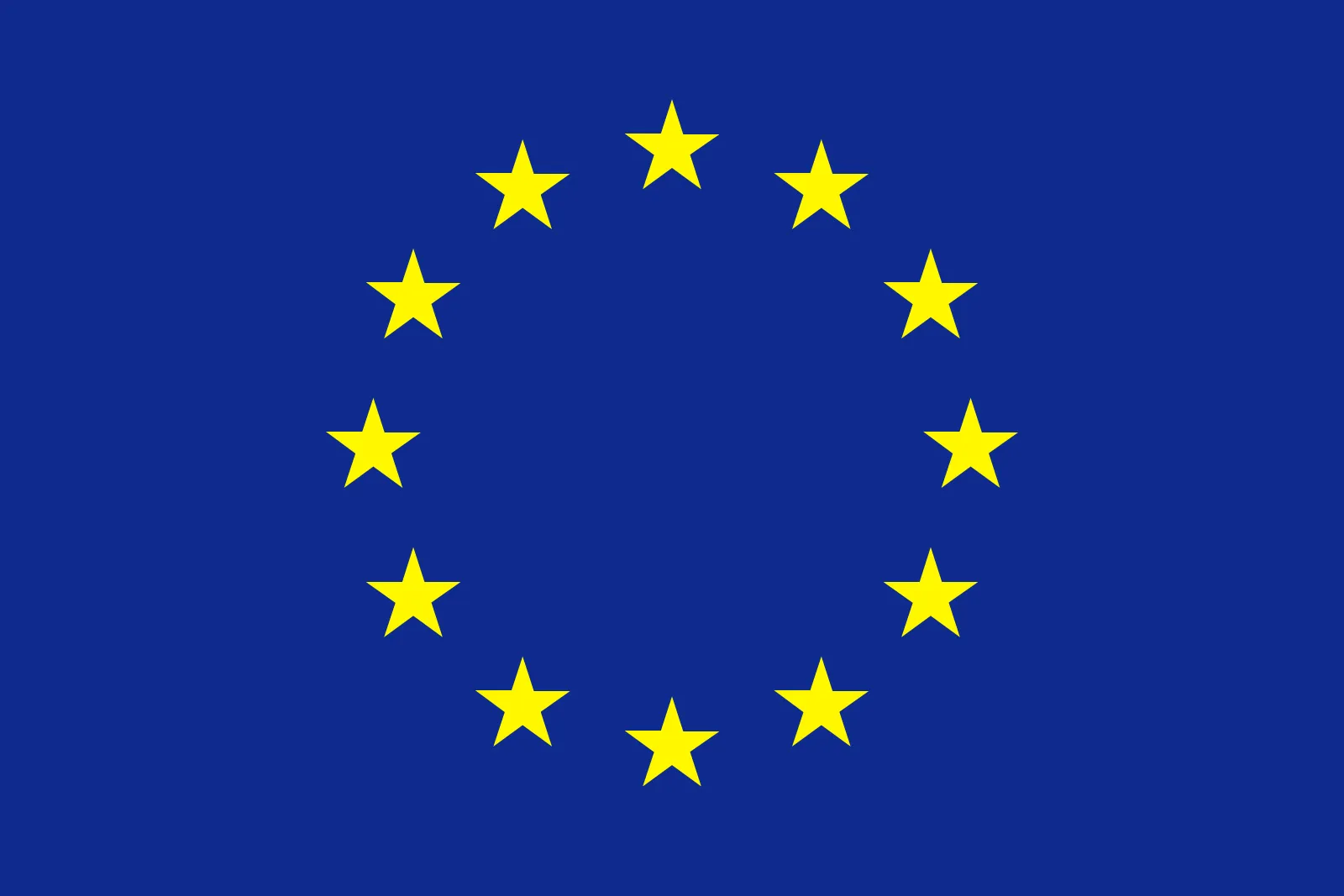By Kingsley Odii
The use of generative artificial intelligence (AI) is set to face fresh transparency concerns in the European Union (EU). Generative AI refers to AI systems that can generate new content, such as text, images, or videos, based on patterns and models it has learned from existing data.
The EU has been known for its strict approach to data protection and privacy, as demonstrated by the General Data Protection Regulation (GDPR). Now, with the proliferation of generative AI and deepfakes, there are concerns about the potential misuse and lack of transparency in these technologies.
One of the main concerns is the growing difficulty in distinguishing between real and generated content. Deepfakes, for example, can create highly realistic videos that manipulate or impersonate individuals. This raises concerns about the potential for political disinformation, identity theft, or malicious activities that can harm individuals or society as a whole.
Another concern is the lack of transparency in the development and use of generative AI models. These models are often trained on vast amounts of data, and the source and quality of that data may not always be apparent. This lack of transparency can make it challenging to understand how biases and false information may be perpetuated by the AI system.
To address these concerns, the EU is considering the implementation of regulations or guidelines specifically targeting generative AI. This could include requirements for clear disclosure when content has been generated by AI, as well as mechanisms for verifying the authenticity of generated content.
Brando Benifei, an Italian and a member of the EU said: “all eyes are on us today”. While big tech companies are sounding the alarm over their own creations, Europe has gone ahead and proposed a concrete response to the risks AI is starting to pose.
“We want AI’s positive potential for creativity and productivity to be harnessed but we will also fight to protect our position and counter dangers to our democracies and freedoms during the negotiations with Council.
In the same vein, Chirag Shah, a professor at the information School at the University of Washington sait that, “It’s too early to tell if this act will have some real teeth to compel the tech companies to curb the harmful effects of AI. What I see currently lacking, is a notion of accountability. Perhaps these details will emerge over time.”
The EU has already shown interest in regulating AI through the proposed Artificial Intelligence Act (AIA). This legislation aims to establish a risk-based approach to AI, focusing on high-risk applications, including biometric identification and content generation. The AIA could provide a framework for addressing transparency concerns in generative AI.
Overall, the widespread use of generative AI raises fresh transparency concerns in the EU. As these technologies continue to advance, it is crucial to strike a balance between innovation and protecting individuals’ rights and society’s well-being. Clear regulations and guidelines can help ensure that generative AI is developed and used responsibly, promoting transparency and accountability in the process.







Comment
No comments found.